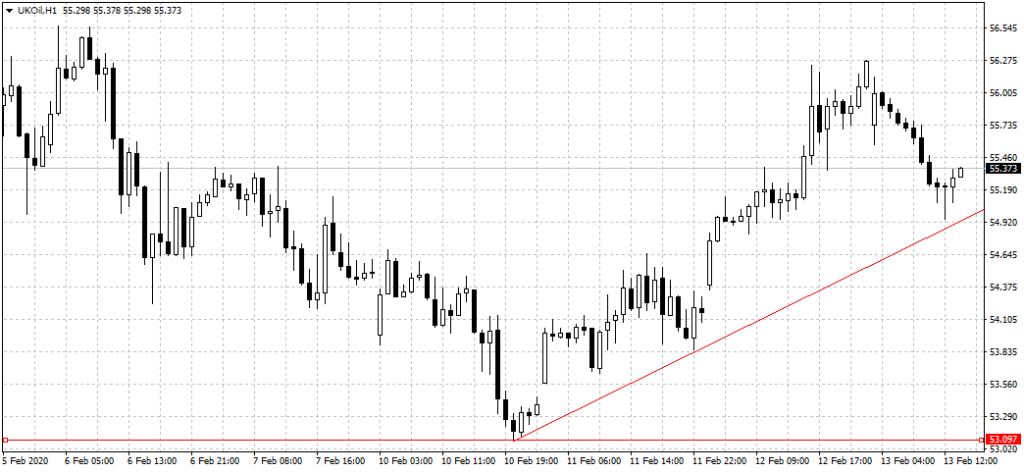- Foreign Reserves Drop to $37.37bn
The nation’s foreign reserves dropped from $38.535 billion recorded on January 2, 2020 to $37.37 billion, representing a decline of $1.16 billion, according to the report released by the Central Bank of Nigeria (CBN) on Tuesday.
The reserves peaked at $45 billion in June 2019 when global oil price was trading at $77 a barrel before declining to $38.34 in July and then $37.37 on Tuesday.
But with OPEC lowering global oil demand’s projection for 2020 by 230,000 barrels per day, global oil prices (Brent oil) are projected to drop further from $55.36 a barrel recorded today during Asian trading session as global business activities continue to slow down amid coronavirus outbreak.
 Experts have said weak economic activities in China would impact global oil demand and hurt revenue generation of oil dependent economies like Nigeria.
Experts have said weak economic activities in China would impact global oil demand and hurt revenue generation of oil dependent economies like Nigeria.
While President Muhammadu Buhari administration has raised Value Added Tax (VAT) from 5 percent to 7.5 percent to up revenue generation and further diversify the economy, the degree of compliance remains uncertain, especially after the recent criticism that trailed the new Finance Act.
Nigeria’s unemployment rate remained high at 23.1 percent while youth unemployment and underemployment stood at 55.4 percent. Last week, African Development Bank in its annual outlook puts the nations poverty rate at 67 percent of its population. Suggesting that more Nigerians are living below poverty line than admitted.
This is expected to surge even more after Nigeria’s commercial city, Lagos State, banned popular tricycle, NAPEP, and Okada as a means to check insecurity.
A further decline in global oil price, especially if Libya managed to resume production in affected areas, could worsen Nigeria’s revenue generation ability and forced the Buhari administration to increase the already high debt to cover additional deficit.